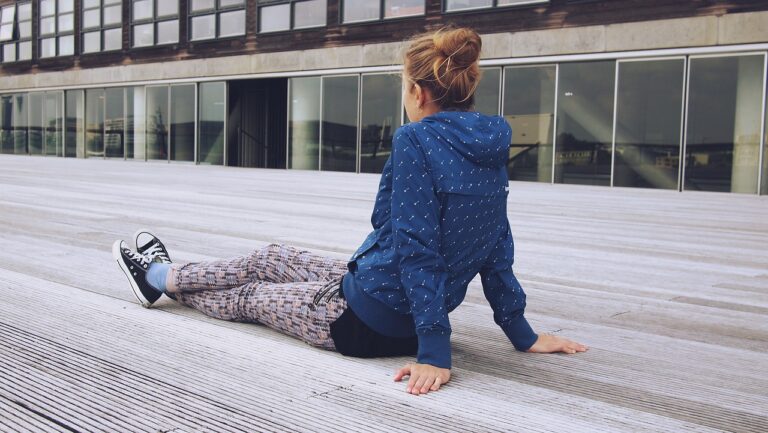Sustainable Fashion Conscious Consumerism: Making Informed Choices for Ethical Clothing Purchases
Ethical clothing matters because it reflects our values and beliefs as consumers. By choosing ethical fashion, we are supporting companies that prioritize fair labor practices, sustainable materials, and transparency in their supply chain. This conscious decision not only aligns with our moral compass but also contributes to shaping a more sustainable and fair industry.
Furthermore, the impact of unethical practices in the fashion industry cannot be overlooked. From exploitative labor conditions to environmental degradation, the consequences of fast fashion are far-reaching. Making the shift towards ethical clothing is not just a personal choice, but a statement against the harmful practices that have long plagued the fashion industry. By advocating for ethical standards, we are advocating for a better future for both the people involved in the production process and the planet as a whole.
Understanding the Environmental Impact of Fast Fashion
Fast fashion has undeniably transformed the way consumers engage with clothing, offering quickly-produced trendy items at affordable prices. However, this convenience comes at a significant cost to the environment. The industry’s rapid production cycles lead to massive water consumption, pollution from chemical waste, and a substantial carbon footprint.
The environmental impact of fast fashion extends beyond the production phase. The disposal of cheap, poorly-made clothing contributes to overflowing landfills and further pollution. As consumers discard out-of-fashion items in favor of the latest trends, the cycle of waste continues to grow, exacerbating the environmental harm caused by the fashion industry.
• The rapid production cycles of fast fashion lead to massive water consumption
• Pollution from chemical waste is a significant issue in the industry
• Fast fashion has a substantial carbon footprint due to its manufacturing processes
• Disposal of cheap, poorly-made clothing contributes to overflowing landfills
• The cycle of waste continues as consumers discard out-of-fashion items for new trends
The Importance of Supporting Fair Trade Practices in the Fashion Industry
Supporting fair trade practices in the fashion industry is crucial for ensuring that garment workers are treated ethically and paid fairly for their labor. By advocating for fair wages and safe working conditions, consumers can help improve the livelihoods of those who produce the clothes we wear every day. Fair trade practices also promote transparency in the supply chain, allowing consumers to make more informed decisions about the brands they choose to support.
Furthermore, supporting fair trade practices can help reduce the environmental impact of the fashion industry. By prioritizing sustainable and ethical production methods, we can work towards minimizing waste, reducing water consumption, and lowering carbon emissions. Embracing fair trade practices not only benefits the individuals behind the clothes we wear but also contributes to a more sustainable and responsible fashion industry overall.
What is fair trade in the fashion industry?
Fair trade in the fashion industry refers to practices that prioritize the fair treatment of workers, sustainable production methods, and equitable wages for those involved in the supply chain.
Why should I care about ethical clothing?
By supporting ethical clothing, you are contributing to a more sustainable and environmentally friendly fashion industry, as well as ensuring that workers are treated fairly and paid a living wage.
How does fast fashion impact the environment?
Fast fashion contributes to environmental degradation through excessive water usage, chemical pollution, and the creation of large amounts of textile waste that end up in landfills.
What are the benefits of supporting fair trade practices in the fashion industry?
Supporting fair trade practices ensures that workers are not exploited, promotes environmentally friendly production methods, and helps to create a more sustainable and equitable fashion industry.







